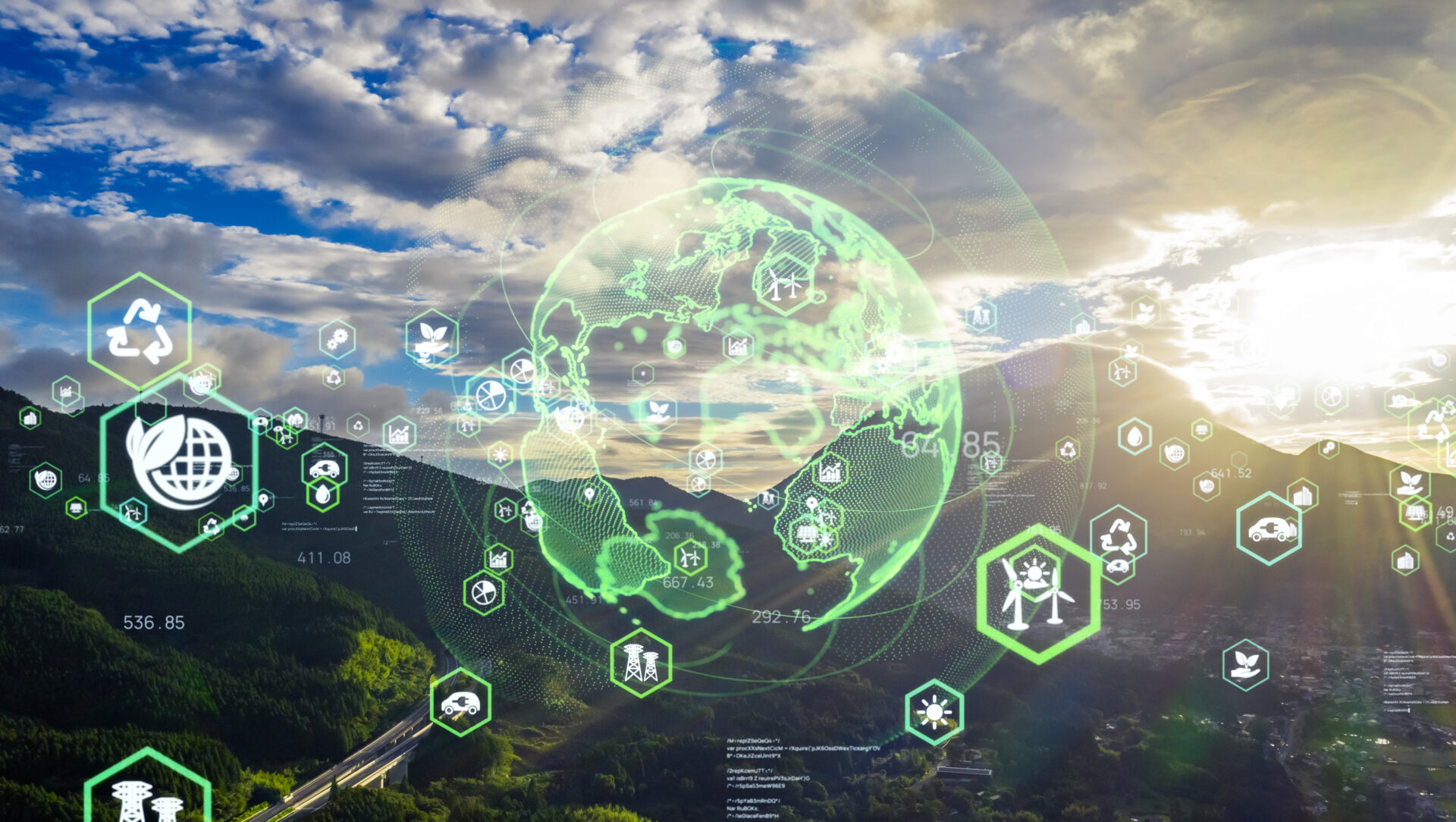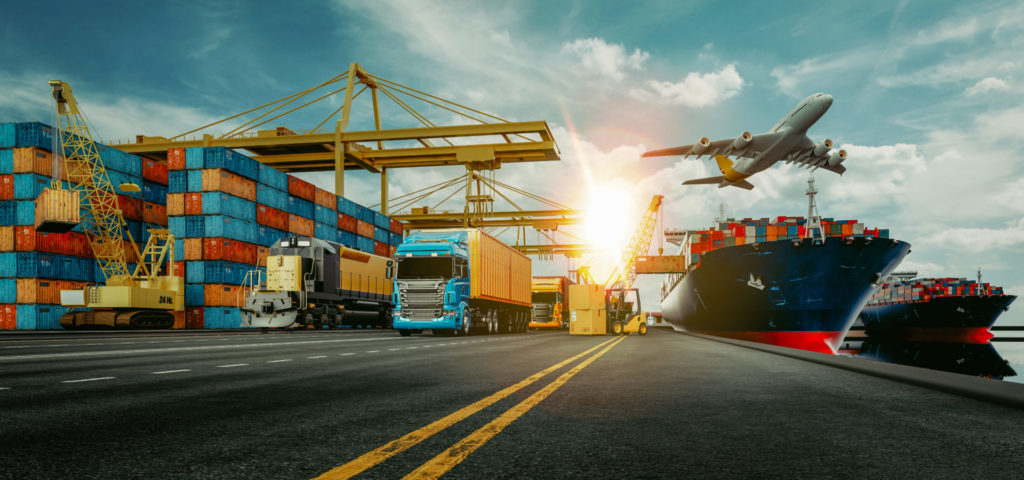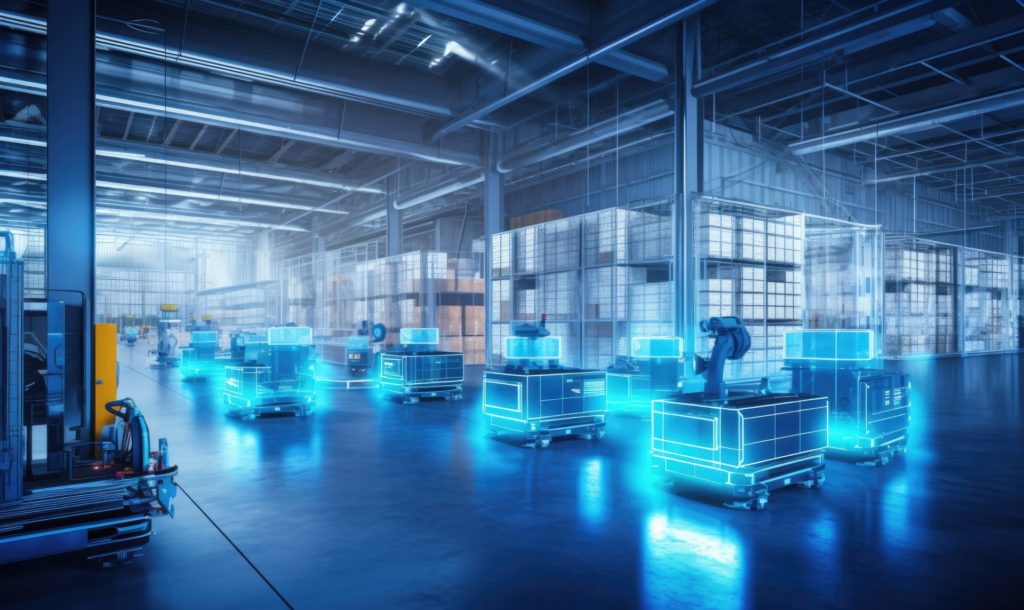The global supply chain has experienced major disruptions within the past year. To help you stay ahead of the curve, we list the supply chain trends to expect in 2022.
COVID-19 has forever altered the way companies operate at a global scale. Businesses relying on the global supply chain have experienced severe disruptions ranging from port congestion and manufacturing delays, to entire factories being shut down due to rising COVID cases, as well as skyrocketing prices due to product shortages.
However, as companies reevaluate their current systems and processes, they can emerge from the pandemic with more durable and efficient supply chain networks. Businesses that learn the right lessons, and avoid being caught off-guard by the coming supply chain trends, will find themselves better able to adapt to ongoing disruptions moving forward. To help your business prepare for the highly consequential year ahead, here are 3 key supply chain trends to expect in 2022.
Greater focus on green initiatives and sustainability
In 2021, businesses around the world were taught a hard lesson about the importance of sustainability and ESG standards. Far from being mere buzzwords, businesses could no longer afford to ignore these issues any longer due to COVID-induced disruptions, the persistent effects of climate change, and shifting consumer bases.
As a result, many companies have placed sustainable practices at the centre of their new business strategy, recognising that clean and efficient operations are a prerequisite for success in the post-pandemic world. Companies must mitigate disruption all along the supply chain by placing a greater focus on green initiatives and sustainability — not only because their customers and investors demand it, but also because such practices are the best way to achieve consistent and reliable operations.
- Environmental, social and governance
ESG initiatives will continue to be industry-wide priorities, as organisational leaders place special attention on supply chain and procurement functions.
AI-based tech will play an integral role in helping procurement teams improve their ESG practices and meet sustainability goals. These tools can also identify supply chain risk, predict the effect of policies on a business’s carbon footprint, and much more. Investing in this kind of technology will become even more mainstream as companies leverage their ESG performance to attract the attention of investors and the market.
- Green management
The concept of green management refers to integrating sustainable processes into the traditional supply chain. These processes can range from product design, material sourcing, manufacturing and production, operation, and end-of-life management.
In a recent survey, more than a one-third of consumers around the world say they are willing to pay more for products that are sustainably sourced or contain environmentally friendly ingredients. New cultural awareness surrounding sustainability has also created new demand for niche customer segments. Businesses will increasingly implement eco-friendly supply chain processes in the coming years to cater towards these new markets.
Flexible strategies and diversity in supply chains
Over the past two years, businesses across industries have learned that their supply chains need to be responsive to fluctuating consumer markets. Gone are the days of reducing inventory to the furthest possible degree. In order to keep up with reactive markets and shifting consumer behaviours, organisations must embrace more flexible strategies.
Integrating the concept of elasticity or flexibility may come in handy for many businesses over the coming year. The ability to expand and contract capabilities to meet demand within a given time frame will be an enormous advantage for most businesses. To successfully implement flexibility into their supply chain, businesses will need to start with order entry – and from there move through procurement, manufacturing, inventory and warehouse management, and distribution.
The benefits of flexible supply chains are almost limitless. Even the most unexpected disruptions can be dealt with as flexible supply chains scale up or down, reduce costs, improve service, or minimize risk – with each of these variables working to enhance the company’s competitive edge.
A continued push toward automation and digital transformation
With the highly synchronised global supply chain system under constant stress and duress, adaptation will resemble less of a sprint and more of a marathon. To endure the long run through 2022 and beyond, business leaders are finding ways to automate all aspects of their supply chain to help their teams catch a breath whenever they can. The following are some automation and digital transformation trends likely to grow over the coming months.
- Digital self-service
As long as the pandemic continues, processes that require face-to-face interaction will remain at high risk. To mitigate such issues, supply chain leaders are looking to replace traditional methods with digital self-service. Business leaders will increasingly rely on this technology moving forward, as it provides a safer way for businesses to engage with each other while also placing the customer experience front and centre.
- Small data, big insights
Data analytics, in addition to the other advantages it brings, plays a crucial role in operational efficiency by enabling businesses to automate their supply chains. Although Big Data can help find solutions for supply chain issues, the sheer amount of information it contains often means that analytics efforts – in their effort to illuminate the big picture – often end up overlooking the finer details. That’s why in 2022, business leaders should expect ‘small data’ to play a very big role in automation and digitisation.
While Big Data processes large volumes of information, small data prioritises people and precision. Small data can place the customer at the forefront of each interaction, helping supply chains to improve their performance on core objectives. With a better understanding of these finer details, supply chains can effectively adapt to fluctuating markets, mitigate risks, reduce costs, and improve overall decision making.
The way forward
2020 saw many businesses enter a state of shock and uncertainty; 2021 witnessed the beginning of a supply chain overhaul; and 2022 will see businesses invest more seriously in future-proofing their operations. Accordingly, the year ahead will bring an even greater focus on green initiatives and sustainability, with businesses also continuing to diversify supply chains, and push for automation as well as full-scale digital transformation.
Of course, achieving these goals is easier said than done. Businesses will need the right people in the right positions, to make each transition a success. Get in touch with the Connexus Global team for expert support, for all of your recruitment needs.










